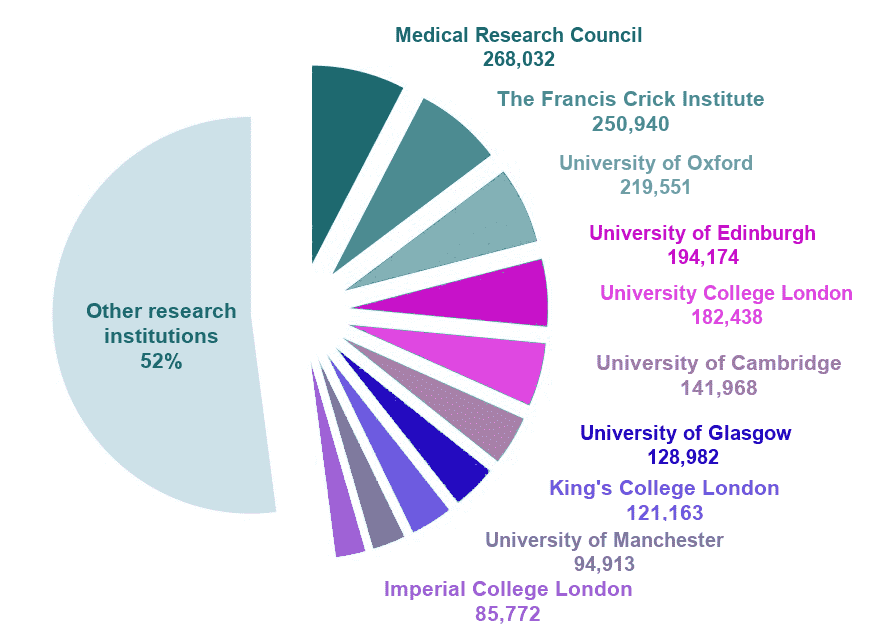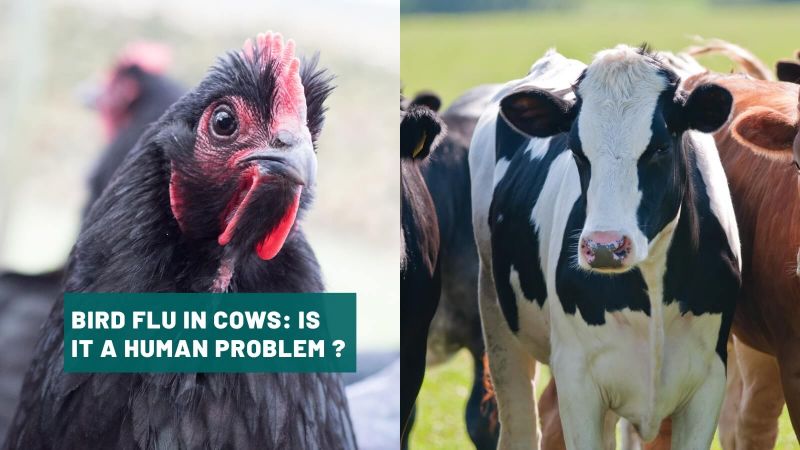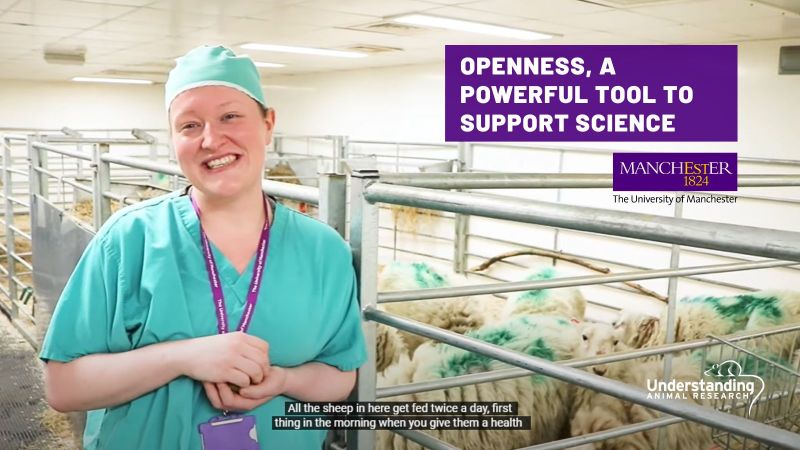40 reasons why we need animals in research
These points have been drawn up to provide an accessible resource for anybody discussing animals in research. We are happy to take your suggestions to add to our list.
General points
- Animal research has played a vital part in nearly every medical breakthrough over the last decade.
- Nearly every Nobel Laureate in Physiology or Medicine since 1901 has relied on animal data for their research.
- We share 95% of our genes with a mouse, making them an effective model for the human body.
- Animals and humans are very similar; we have the same organ systems performing the same tasks in more or less the same way.
- Animals suffer from similar diseases to humans including cancers, TB, flu and asthma.
- All veterinary research has relied on the use of animal research.
- While non-animal methods play an important part in biomedical research, they cannot replace all use of animals.
- In vitro methods and computer-modelling play an important part in complementing data from animal models.
- Many veterinary medicines are the same as those used for human patients: examples include antibiotics, pain killers and tranquillisers.
- Modern anaesthetics, the tetanus vaccine, penicillin and insulin all relied on animal research in their development.
- Modern surgical techniques including hip replacement surgery, kidney transplants, heart transplants and blood transfusions were all perfected in animals.
- Scanning techniques including CT and MRI were developed using non-human animals.
Medical Examples
- Thanks to animal research, primarily in mice, cancer survival rates have continued to rise.
- Herceptin – a humanised mouse protein – has helped to increase the survival rate of those with breast cancer; it could not have been attained without animal research in mice.
- Thanks to research on animals leading to the development of Highly Active Anti-Retroviral Therapies (HAART), AIDS is no longer the death sentence it was 30 years ago.
- While Fleming discovered penicillin without using animals, he shared the Nobel Prize with Florey and Chain who, by testing it on mice, discovered how penicillin could be used to fight infections inside the body.
- Animal research is responsible for the development of asthma inhalers; asthma still kills around 2,000 people in the UK every year.
- Animal research has helped develop modern vaccines including those against Polio, TB, Meningitis and, recently, the human papillomavirus (HPV) which has been linked to cervical cancer.
- The development of Tamoxifen in animals led to a 30% fall in death rates from breast cancer in the 1990s.
- The 450,000 people in the UK suffering from Type I diabetes rely on Insulin – which was developed through experiments in rabbits and dogs.
- Smallpox has been eradicated from Earth thanks to research on animals.
Statistics
- Dogs, cats and primates altogether account for less than 0.2% of research animals.
- 96% of research in the UK is done on mice, rats, fish and birds.
- The UK consumes over 300 times more fish each year than the total number of all animals used in medical research each year.
- Household cats kill approximately 5 million animals every week – more than the total number of animals used in medical research every year.
- The UK will consume more chickens this year than the total number of all animals used in medical research over the past two centuries in Britain.

Regulation
- The UK has some of the highest standards of laboratory animal welfare in the world.
- All research in the UK must be approved by the Home Office, furthermore, the researchers and the institutions doing the research must be licensed by the Home Office.
- Ethics committees exist to ensure that the potential benefits of the research outweigh any suffering to the animals. Animal welfare is underpinned by the 3Rs – there is a legal requirement to replace animals with alternatives, refine experimental techniques and reduce the numbers of animals used in research.
- Animal research can only be carried out in the UK where there is no suitable non-animal alternative.
Quotes
- “Americans are living longer, healthier lives and we owe much of that success to biomedical research,” Dr Robert Palazzo, President of the Federation of American Societies for Experimental Biology (FASEB)
- “Animal research and testing has played a part in almost every medical breakthrough of the last century. It has saved hundreds of millions of lives worldwide...” – Former UK Home Office minister Joan Ryan.
- According to the House of Lords Select Committee, “experiments on animals have contributed greatly to scientific advances”.
- The Nuffield Council on Bioethics noted that “producing a new medicine is a lengthy and complex process … Tests on animals play a vital role”.
- The former CEO of the Medical Research Council, Prof Colin Blakemore, stated that "[primates] are used only when no other species and no alternative approach can provide the answers to questions about such conditions as Alzheimer’s, stroke, Parkinson's, spinal injury, hormone disorders, and vaccines for HIV"
- Albert Sabin, who developed the Polio vaccine said, "Without animal research, polio would still be claiming thousands of lives each year.”
Responses
- Cosmetic testing is illegal in the UK.
- A policy ban on household product testing using animals was introduced in 2010.
- Great apes (orang-utans, bonobos, gorillas and chimpanzees) cannot be used for research in the UK



